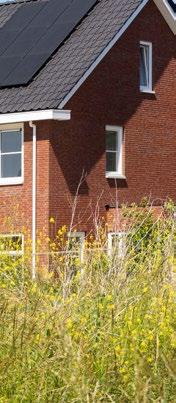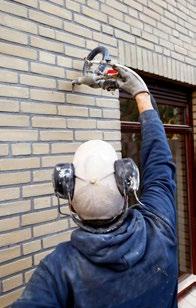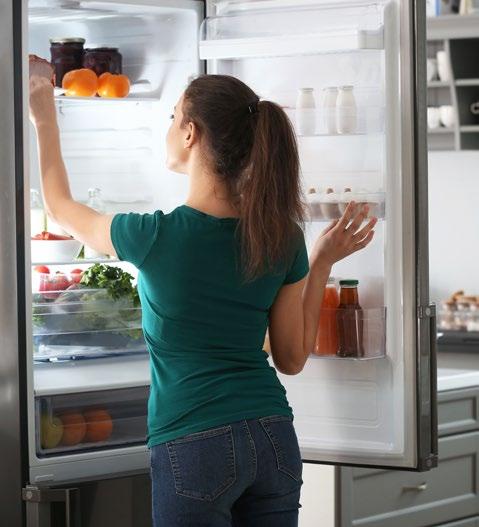




Advice for saving energy and money at home and when getting around






Advice for saving energy and money at home and when getting around
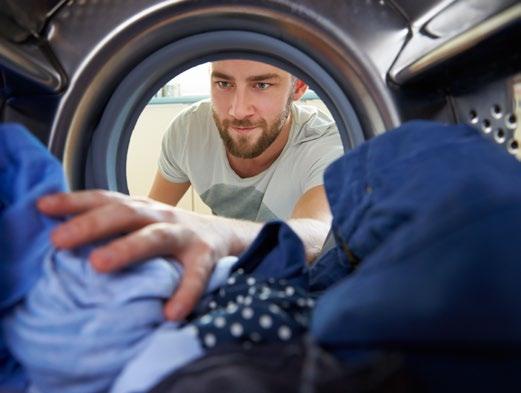
Climate change is significantly related to our use of energy. Most of Ireland’s energy comes from imported fossil fuels like oil, coal, peat and gas. These fossil fuels are burned in power stations to produce electricity and used to heat our homes and run our cars, releasing greenhouse gases.
In addition, war and conflict are affecting energy prices across Europe. Together we can reduce the impact of the energy crisis by reducing our daily energy use.
You might be surprised to know that our homes are responsible for a quarter of all the energy we use in Ireland. And private cars account for almost one fifth of all our energy use. Everyday, from the moment we get up, we are using energy. From taking a shower, to making breakfast, and travelling to work or school.
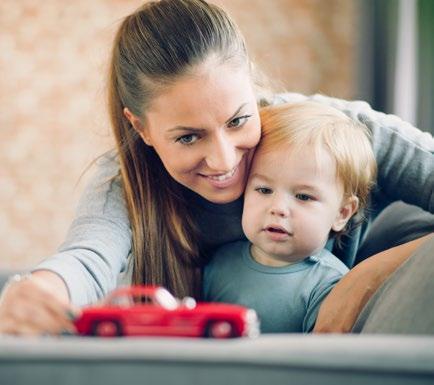
Now, more than ever, we need to be mindful of how we use energy in our daily lives. By reducing our daily energy use, we can limit our reliance on imported fossil fuels and save money.
Our collective actions in how we use energy in our homes and how we travel can make a big difference.
Becoming more energy efficient is key. The less energy we use, the less energy that needs to be created in the first place. The next step is to switch from fossil fuels to clean renewable energy. This booklet will help you understand where you can make an impact. We focus on the main energy-using areas of your home, as well as how you get around.

Heating is the biggest energy user in your home and is an area where you can see big savings quickly. You’ll see a common principal throughout this booklet – turn it off when it is not in use and use it efficiently when it is on.
Set the times that your heating comes on and off so that it fits with your daily routine. Radiators will continue to heat your home for some time after the heating is turned off, so turn it off 30 minutes before you don’t need it anymore.
There are lots of great heating control systems on the market that allow you to manage your heating schedule. This means you only turn it on as you need it.
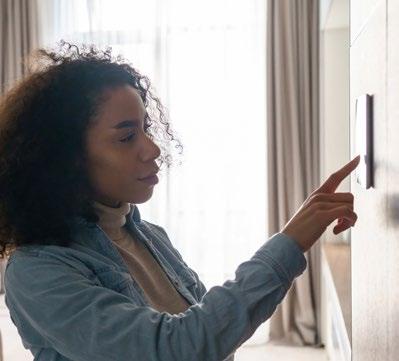
Turn the thermostat down to 20°C in living areas. The temperature in hallways and bedrooms should be cooler, ideally between 15-18°C.
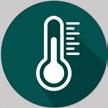
By lowering your room temperature by just one degree you can reduce the energy you use by 10% and save on your heating bill. Turn radiators down or off so you only heat the area you are using.
Having your boiler or renewable heating systems such as heat pump, solar PV or solar thermal serviced once a year will make it run more efficiently. When you are having your boiler serviced ask your plumber to explain the settings and how to use them correctly.
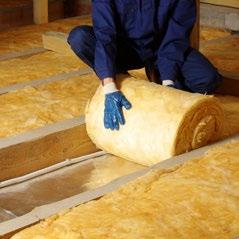
You want to prevent as much escaping from your house as possible. You can do this by:
• Close doors to rooms that are not used very often.
• Find the source of cold draughts and plug the gaps. Windows and doors are good places to start.
• Never block wall ventilators as they are essential for good air quality in your home.
By having a well-insulated home, you will benefit from greater warmth and comfort by keeping your heat in, as well savings on your energy bills.
Attic insulation is probably the easiest home energy upgrade you can carry out. You are losing approximately 30% of your heat through an uninsulated attic space. It is one of the cheaper and less disruptive home energy upgrades. You also need to consider your wall insulation, as again you are losing 30% of your valuable heat through uninsulated walls. There are three options of wall insulation which suit different house types and budgets.
SEAI offers a range of home energy upgrade grants covering up to 50% of the cost of works. For attic and cavity wall insulation you can now get a grant that covers up to 80% of the cost. The full list of grants available can be found here: seai.ie/grants
Heating water for baths, showers and sinks is the second biggest energy user in your home.
Install a timer on your immersion heater to ensure you only heat your water when you need it. Fit a cylinder thermostat if the hot water is being heated by the central-heating boiler. This will moderate the temperature of the water.
Wondering whether you should use your heating system or the immersion for hot water? Heating water using a well serviced, zoned heating system is more efficient during the colder months when
your heating system is already on, and it is likely to be cheaper to run. However, it is more efficient to use your immersion in the warmer months when you’re not running your heating system.
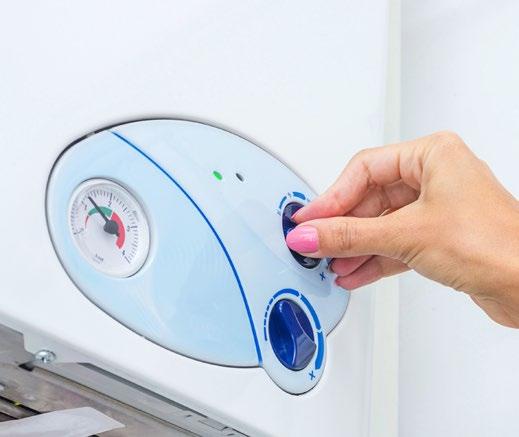
Take a shower as a regular shower uses only 20% of the energy it takes to heat the water for a full bath. However, pumped electric showers are still one of the biggest energy users in the home. By reducing your shower time, you could save a lot of energy and water.

Ensure your hot water cylinder is insulated. And insulate hot water pipes with foam tubing, especially in unheated areas like the attic.
If your home is well insulated, install a renewable water heating system. Solar thermal panels for your roof could meet around 60% of your hot water requirement each year.
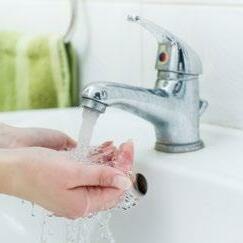
To keep your use of electricity as low as possible, you should know which appliances use the most electricity. Be smart about when and how often you use them. A good rule of thumb is: if it makes things hot, then it uses a lot of electricity.
Electric shower
Tumble dryer Cooking (induction)
Kettle Iron Hair dryer
Toaster
Dishwasher
Washing machine Microwave
Vacuum cleaner
Desktop computer TV Fridge/freezer
Laptop
Lightbulb 60 Watt
6 Watt LED bulb
Router
TVs, phones, computers and other devices
Cooking Lighting
Washing machines and dishwashers
Other
For example, showers, washing machines, tumble dryers, ovens and kettles.
This image shows how much energy various household products use per hour in descending order.
• Use a lower temperature for your washing machine and dishwasher and use the eco-settings. Wait until you have a full load before turning them on. Dry your clothes out of doors as much as possible.
• The oven is a big energy user, so use it sparingly. Where possible use a microwave, air fryer and toaster instead.

• Only boil as much water as you need in the kettle.
• Don’t leave the fridge door open for too long while getting food. It takes a lot of effort for the fridge to cool down to its original temperature afterwards.
Like with heating and hot water, the basic idea is to turn things off when they are not in use and use them efficiently when they are on. Unplug your appliances when they aren’t in use. Even in standby mode they are using energy, which adds up over time. Switch off all your appliances at night and when you are not home.
Buying new appliances or lights Buy the highest A-rating possible when replacing home appliances. A higher rated appliance will be cheaper to run over their lifetime.
Replace your old inefficient light bulbs and CFLs with LED lights. If you are installing lights outside your home consider installing a timer and/or a motions sensor to reduce energy use.
Electricity is at highest demand between 7am-9am in the morning and 4pm-7pm at night. Electricity is at peak production during these times and is typically more carbon intensive. Try to use electricity outside these times.
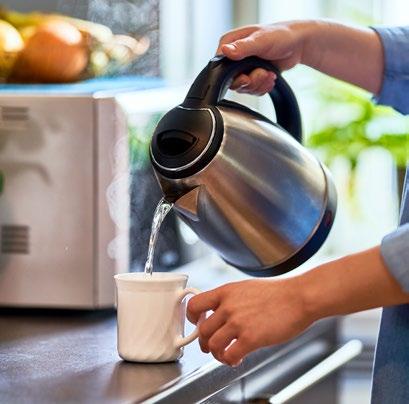
Make sure you shop around for the best electricity prices for your needs. This will not impact on your energy use but will help you reduce energy costs. Check out price comparison websites to do this.

Generate renewable electricity for your home using solar electricity panels. They can be particularly efficient if you have regular day time occupancy and shift your electricity use to times when the panels are most productive. While the electricity you generate will be mainly for your own use, it is now possible to sell back excess electricity through your electricity supplier.
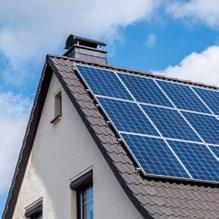
Avoid using the car for short journeys. The number one thing you can do to reduce your transport emissions is to walk or cycle where possible, or use public transport. The most energy efficient journey is the one you do not make in the car.
Where feasible, car pooling with colleagues, neighbours, friends and family is a great idea.
When you do drive, there are things you can do to reduce fuel use.
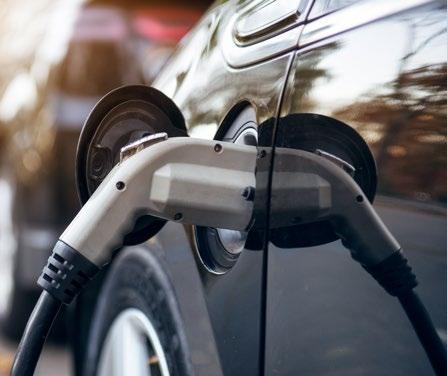
Driving at between 65-80 km/hr, where safe and practicable, will significantly
reduce emissions compared to higher speeds. When you go above about 80km/h the majority of your fuel is being used simply to deal with wind resistance. Aim to reduce speed below the prescribed limit, for example 100km in a 120km zone or 80km in a 100km zone.
By watching the road ahead and anticipating any likely problems, your driving will become smoother, more controlled and be safer for all. Harsh acceleration and heavy braking can use up to 30% more fuel and can cause increased wear and tear on the vehicle. Drive in as high a gear as is suitable to road conditions.
Once you turn the engine on, drive off gently without delay. Even if you’re waiting only 30 seconds it is more economical to switch the engine off and start it again when necessary. Many newer cars have an automatic stop/start function, which means you don’t have to think about this, just make sure it’s enabled on your car. Idling increases the amount of vehicle exhaust in the air and is particularly harmful in areas where people gather, such as outside schools.
After you arrive safely at your destination make sure to take off any unused bike racks or roof boxes and save as much as 20% on your fuel costs. You can save further by using the car’s air-conditioning to cool down rather than leaving the windows open while you drive particularly at higher speeds.

Be sure to check your tyres regularly. Tyres in good condition, with the proper thread depth, and at the right pressure, improve both safety and fuel consumption. When you are buying tyres for your car, make sure to check the label and consider the most energy efficient tyres suited to your needs.
Keep your car regularly maintained. The air conditioning in your car uses energy so make sure it is turned off when you do not use it. In hot weather, when you do need it, it is better to use the air conditioning than opening the windows.
If you are thinking of changing your car, consider buying an electric vehicle. It is much cheaper to run and less harmful to the environment. SEAI offer government funded grants for new electric vehicles and home charge points and you can also get VRT relief. Electric cars are ideal for most drivers, in particular regular commuters. Many new models now have a driving range of up to 400-500km!
Communities across Ireland are already taking action through the SEAI Sustainable Energy Communities Network. Climate change is a global problem and will take people working together to solve it. What communities do to tackle climate change comes down to the people who live there. Check if there is a sustainable energy community in your area or start your own!
You can also have a big impact by starting conversations with your family, friends and work colleagues. Help them make better energy decisions. If we all start to take these individual actions to reduce energy use, collectively we can make a huge difference.
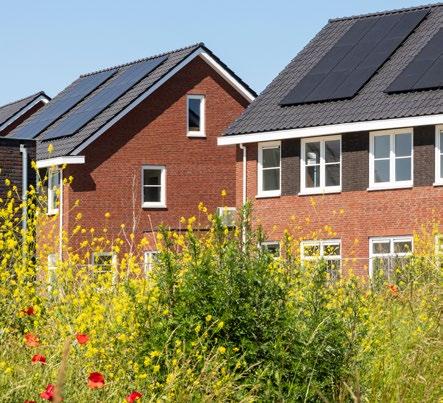
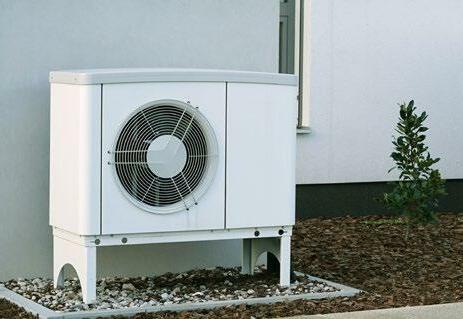
We have grants that can help your home become warmer, cheaper to run, and have less emissions. Almost 500,000 people have availed of a home energy grant, and 31,800 people have received a grant for an electric car. Visit seai.ie for more information.
